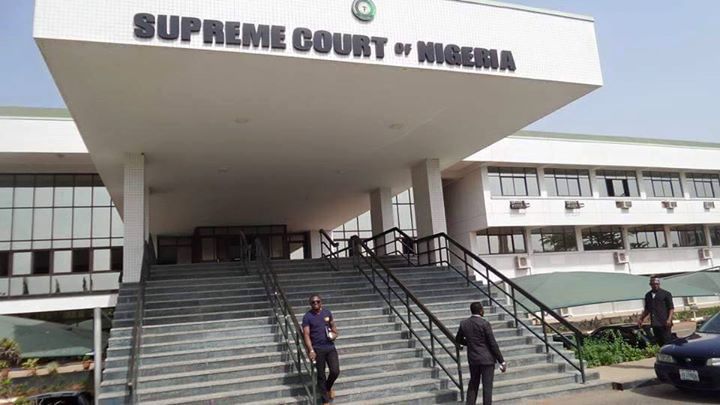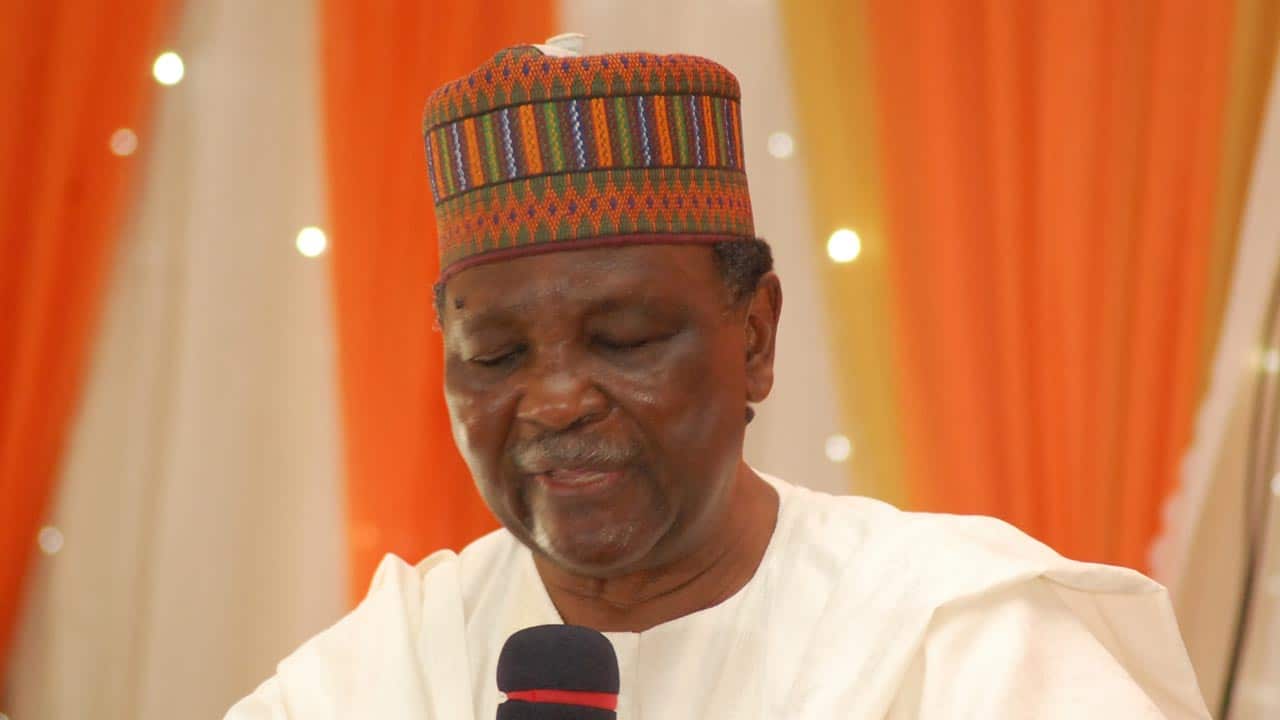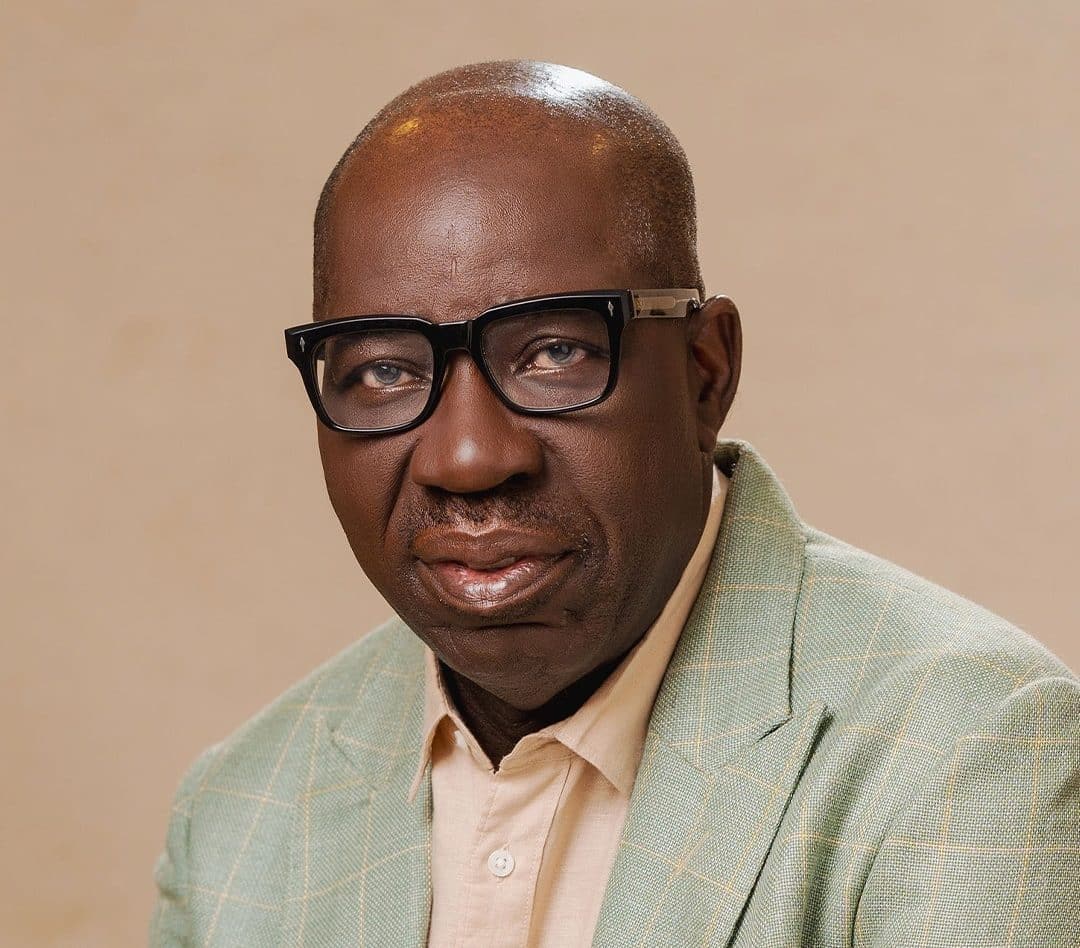ARTICLE AD
With the right interventions by the Federal Government, the pump price of petrol produced by the Dangote Petroleum Refinery may crash below N600/litre, crude oil refiners have said.
The Publicity Secretary of the Crude Oil Refiners Association of Nigeria, Eche Idoko, told Sunday PUNCH in an interview that the association still has a strong belief that local refineries like Dangote and others can bring down the cost of petrol.
Idoko said the N898/litre claimed by the Nigerian National Petroleum Company Limited as the price it bought petrol from Dangote reflected the rising exchange rate.
He explained that the N898 would drop to N550 if the exchange rate is pegged at N1,000/$ for locally-produced petroleum products.
According to him, the PMS being sold by the Dangote refinery since last week Sunday was produced from imported crude and the ones bought locally in dollars.
“If you remember, we did say that if we begin to refine locally and there is a naira sale, the price of PMS will drop. We still stand strongly by that position. This particular batch of product that is being sold by Dangote, the crude was purchased in June at the international price.
“NNPC supplied 60 per cent of that crude and the remaining percentage was imported by Dangote at the international price. Now, when they refine that product, they have to sell at the international price because they are a business, they have to make money,” he said.
Even at N898, Idoko emphasised that the NNPC is buying at 300 below the usual landing cost of almost N1,200/litre.
“The pricing that you are seeing now is a reflection of what the international price is, less the cost of freighting. If you look at it now, NNPC was buying the product at N300 less; they’re paying N300 more for the product they were importing than what they are buying from Dangote at N889.
“That N300/litre was what I had mentioned before that local refining would take care of, even without any intervention,” he noted.
The CORAN spokesman added that the naira crude sale would automatically free up about 40 per cent of the nation’s foreign exchange which he said had gone into servicing the importation of petroleum products.
“If the financial sector is sincere, we should see an immediate climb by the naira against the dollar. And if the naira climbs against the dollar, without even the government pegging the price of the exchange rate for dollars in the pricing of that group, we will see a reduction in the price automatically,” he stated.
To crash the price of Dangote petrol significantly, Idoko advised the Federal Government committee working on crude sales to local refineries to sell the feedstock in naira at a discount and peg the exchange rate at about N1,000 to a dollar.
“But because we are not completely in touch with what happens in the financial sector, we have said to the government – two things you will do. You will sell in naira at a discount, and then at that discount, you will peg the price at a particular exchange rate to the dollar.
“For instance, you can say, you are using N1,000 as an exchange rate for this dollar deal, for the locally refined petroleum products. And like that, you will see a significant drop in the price,” he stated.
He noted that the special committee had gone back and was still working.
“So, whatever is happening now is outside whatever is being discussed by the government. And there is a whole lot of politics here and there. Some people are afraid that this would make Dangote become a monopoly. Dangote now is a member of our association and will play by the rules of our association. We would also control the chances of monopoly to start with. Then the NMDPRA is there as a major gatekeeper to control any form of monopoly.
“There are two more things I will say, rather than see what is happening as a minus, NNPC should be thanking the local players for coming in to rescue them. The NNPC should see Dangote and the other private players that have come in as a partner and work with them to solve this issue. Let us all work together and not try to gaslight the public against the other person,” he said.
Idoko condemned the imposition of levies and taxes on the PMS price by the Nigerian Midstream and Downstream Petroleum Regulatory Authority as reflected in the estimated prices released by the NNPC.
“In this price alone, about 25-30 per cent of that money goes to the government in levies. In that breakdown, you see that this money goes to taxes and levies from NMDPRA and other organisations. At a time when Nigerians are groaning, you reconsider these fees. When people’s purchasing power has been enhanced, then you can improve this. It happens all over the world, even in the United States. they give tax cuts every day,” he emphasised.
The refiner spoke further, “As it is right now, this pricing you see is a reflection of what the price will look like if there is no intervention at all, because of how the naira is doing and because of what crude is doing in the international market. But if the government intervenes by way of naira sales and pegging the dollar exchange rate for crude transactions at a reasonably low rate, you will see an improvement. This is different from paying money as a subsidy. You are only just putting mechanisms in place to ensure the product is cheap.”
Going mathematical, he analysed the breakdown of the estimated price released by the NNPC.
According to him, a litre of Dangote PMS is $0.52, which translates to N842.61 when calculated at an exchange rate of N1,637 to a dollar. He said this would have been N520 if the exchange rate was pegged at N1,000 to $1.
“The premium is $0.03, which should be N30 if the exchange rate is N1,000. The two will give you N550/litre as the gantry price. If the government removes levies and taxes, the product will be below N600, especially if the crude is sold at a discount.” he stated.
Asked if he is certain that the government can cap the dollar rate at N1,000, Idoko retorted, “For this intervention, yes. The crude belongs to the people now, and it’s NNPC’s crude. NNPC can give the crude for local refining at $1,000. You refine, the NNPC collects everything and stores it. The NNPC needs a strategic storage arrangement. We have depots in almost all the states in Nigeria. Load those depots with PMS for the rainy day.
“Right now, people don’t have the purchasing power. With the intervention, we can keep the price under N600, maintaining this N1,000 as the dollar benchmark for 36 months, after which we will review and go higher. What you are using to buy these things now are purely internal funds. You are not sourcing for dollars or anything; it’s Nigeria to Nigeria. The crude is your own. The currency you are receiving is your own.”
On Monday, NNPC announced that it would sell the petrol lifted from the Dangote refinery at a price above N1,000/litre in the far north.
Its spokesperson, Olufemi Soneye, disclosed this in a statement titled, ‘NNPC Ltd Releases Estimated Pump Prices of PMS from Dangote Refinery Based on September 2024 Pricing’.
Soneye explained that the price may go for as high as N1,019/litre in Borno State and N999.22 in Abuja, Sokoto, Kano, and others.
In Oyo, Rivers, and other areas in the South, it will be N960/litre. The lowest price, according to an infographic released by the NNPC, is N950 in Lagos and its environs.
Recall that the Dangote Group had disagreed with NNPC last week Sunday on the N898/litre PMS cost announced by NNPC as the price at which Dangote sold the product.
The Group Chief Branding and Communications Officer, Anthony Chiejina, said the claim that Dangote refinery sold PMS at N898/litre to the NNPC was misleading and mischievous, saying it was deliberately aimed at undermining the milestone achievement towards addressing energy insufficiency and insecurity, which has bedeviled the economy in the past 50 years.
“We urge Nigerians to disregard this malicious statement and await a formal announcement on the pricing, by the Technical Sub-Committee on Naira-based crude sales to local refineries, appointed by His Excellency, President Bola Ahmed Tinubu GCFR, which will commence on October 1, 2024, bearing in mind that our current stock of crude was procured in dollars,” Chiejina noted.
He added that the PMS was sold to the NNPC in dollars with a lot of savings against what the company had been importing.

 2 months ago
6
2 months ago
6 

